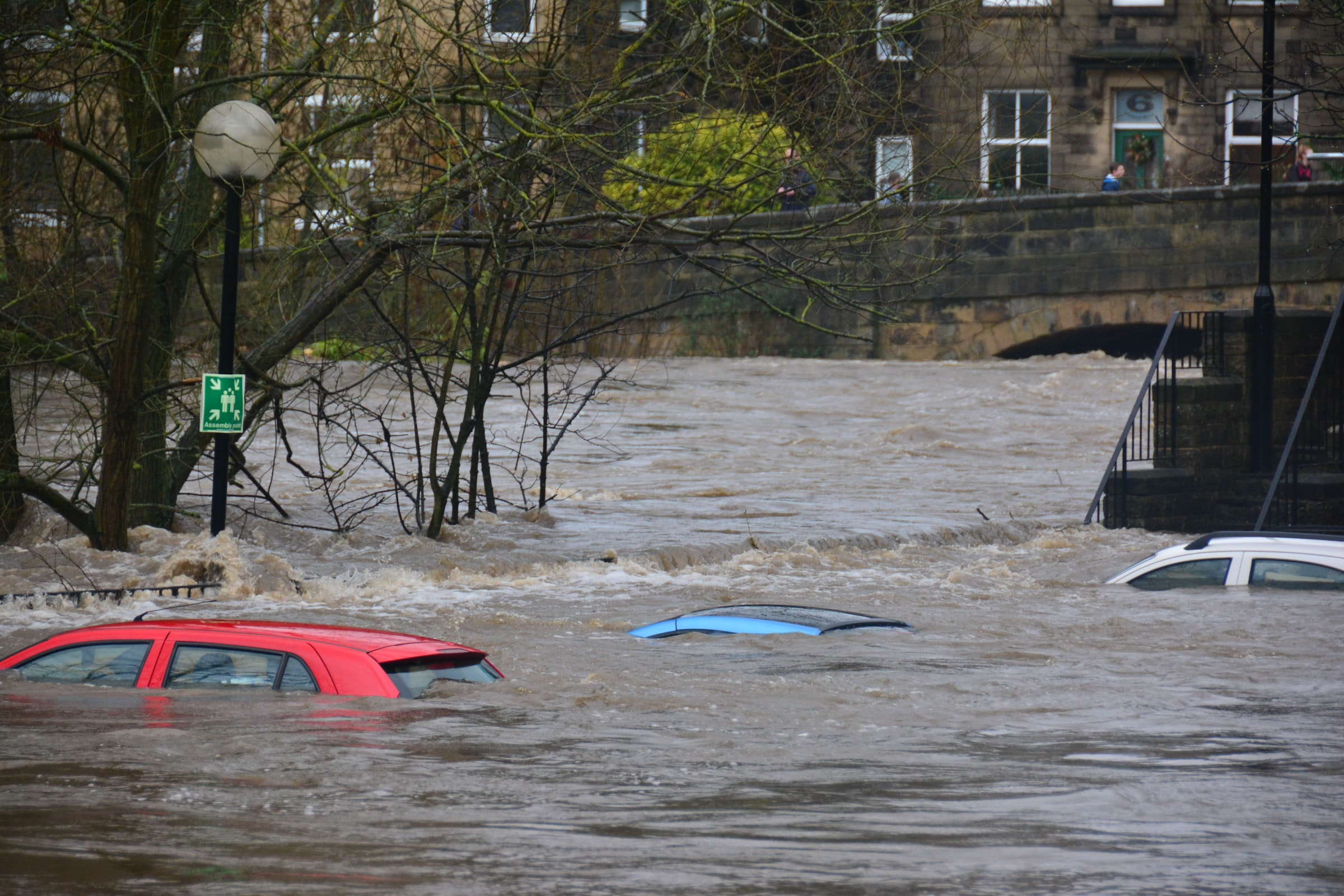


#climate change #emissions #terminology
Doug Fogelson
We are at a crossroads. Greenhouse gas emissions resulting from continuous use of fossil fuels in energy production, transit, agriculture, and industry, accumulate causing the Earth’s atmosphere and oceans to become warmer. Such emissions influence factors that create droughts, fires, and other severe weather events, resulting in biodiversity loss, sea level rise/ocean acidification, and displacement of communities. Today we are faced with very limited time left to implement key changes to hold global warming below 2 degrees Celsius (over the “normal” level–we are already 1 degree warmer now than pre-Industrial Age levels from around 1750).
Despite settled science and ongoing warnings from experts in the scientific community, humanity has not addressed this at an appropriate speed and scale. Corporations and governments continue prioritizing economic growth over practical sustainably focused improvements, amid dramatically increasing (and expensive) environmental and social challenges.
Across the planet many don’t have the option to choose living more sustainably, however “Global North” countries such as the United States–where 20% of the Earth’s population use 80% of the Earth’s resources–do have many impactful choices and actions that can be made today.
Climate outcomes such as sea level rise and habitat loss are already forcing populations to make dramatic shifts, disrupting global economies and lifestyles, this will increase dramatically without major action. But such issues are quite complicated and interconnected, so what can we do?
We can act and advocate–in reasonable ways–and push for change.
The largest causes of emissions are understood and humanity already has a range of practical options or “solutions” to significantly reduce harm if implemented. Under shared values of self-preservation it is possible for communities, nations, and corporations to adjust practices and build resilience for all stakeholders. Individuals themselves can take control where possible, reducing emissions while advocating for larger regional and scale-based solutions, reacting powerfully to this emergency as we prioritize and normalize sustainability in our own communities and lives.
For a detailed overview please explore the link below to the United Nations Intergovernmental Panel on Climate Change’s (IPCC) “Sixth Assessment Report” (2022) that contains explanations on various issues and efforts underway across the planet. Also check out the UNDP Strategic Plan and the organization Project Drawdown for great info on the science and work needed to implement change in key areas.